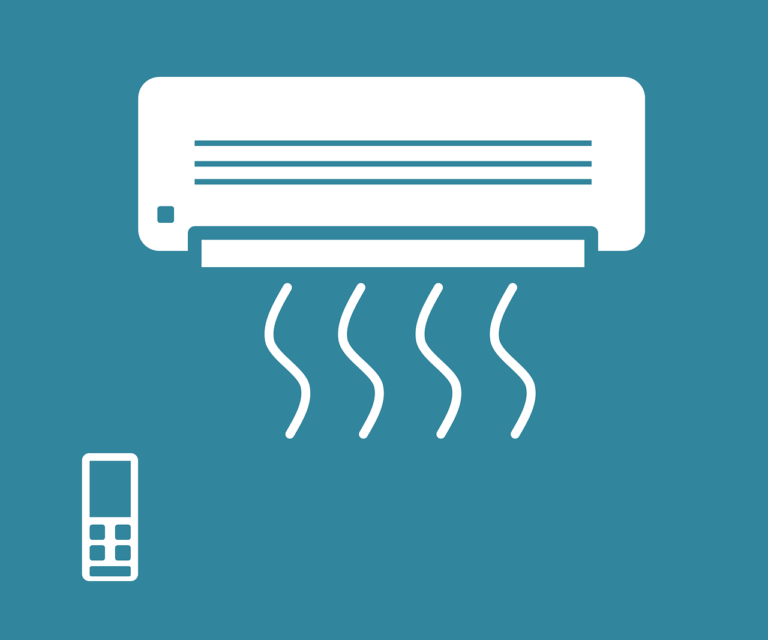Doctors commonly prescribe powerful painkillers to patients following surgery, serious injuries, or for illness. While these drugs provide relief from pain and discomfort, they can be highly addictive and cause users long-term problems. Before taking prescription pain medications, make an informed choice by learning what you need to know about them.
What are prescription pain medications?
The Food and Drug Administration regulates prescription pain medications, also known as painkillers or analgesics. Opioid painkillers are powerful drugs that change the way the body perceives pain, making them dangerous and highly addictive. They work by attaching to receptors in the brain, spinal cord, and gastrointestinal tract to mimic endorphins. Endorphins bind to opioid receptors in the spinal cord and nervous system to naturally block pain.
There are four types of prescription opioid medications. Morphine is commonly used before and after surgery. Codeine is usually prescribed for mild to moderate pain, while Oxycodone is prescribed for moderate to severe pain. Hydrocodone, combined with non-opioid painkillers, is prescribed for moderate to moderately severe pain.
Since 2007, the FDA has required manufacturers of certain opioid pain medications to perform Risk Evaluation and Mitigation Strategy (REMS) to ensure that the benefits of these drugs outweigh the risks of using them.
Opioids and addiction
In addition to mimicking endorphins, opioid receptors are located in the part of the brain that releases dopamine. Dopamine allows the body to feel pleasure and reminds the body what caused the good feeling. Opioids cause the brain to release a high dose of dopamine, and the more the brain remembers the feeling associated with repeated use, the higher the drug dosage required to achieve this heightened intensity. This brain receptor alteration leads to addiction.
The most effective way to beat addiction is to seek professional treatment. Canadian Centre for Addictions is a drug rehab in Toronto that treats both Canadian and American patients. Their private, upscale facilities offer both inpatient and outpatient programs designed to help patients adapt to a healthy and functional lifestyle.
Safe use
Opioid painkillers should only be taken under the direction of a doctor in order to be used safely and effectively. The prescribed dosage should be taken, and a patient should never alter the dosage without consulting a doctor. Opioids should not be mixed with other drugs such as alcohol, antihistamines, barbiturates, or benzodiazepines, as these substances slow breathing. A combination of opioids with such drugs could result in respiratory depression.
There are significant side-effects to opioids, including dizziness, nausea and vomiting, constipation, rash, bowel obstruction, allergic reactions, and slowed breathing. Due to the risks of addiction and possible side-effects, doctors should prescribe these medications at the lowest does for the shortest amount of time.
Doctors adhere to guidelines set out by the Center for Disease Control that recommend prescribing painkillers for acute pain crises and not for chronic conditions. Some states have enacted laws to limit opioid prescription supply to seven days for acute pain and up to 30 days for chronic pain. In order to get a refill, patients must see their physician and be authorized additional medication.
By choosing to treat the symptoms and not the cause of the pain, a doctor can facilitate a patient becoming drug-addicted. A patient who falls into the throws of addiction due to lack of proper medical care should consult medical malpractice lawyers such as Cummings Injury Law. This personal injury law firm has over 20 years of litigation experience related to medical malpractice and personal injury. The expertise of Cummings Injury Law can help victims of prescription errors receive damages for the struggle and suffering associated with addiction.




